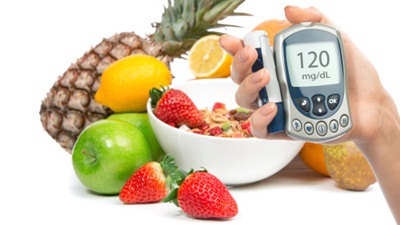
We’re used to hearing that fresh is always better, but does that logic apply to fruits and vegetables too? Do frozen fruits and vegetables contain the same amount of nutrients and vitamins as fresh produce?
Well, that’s what researchers want to know because, contrary to popular belief, fruits and vegetables lose a lot of nutrients during the storage and/or cooking phases. Many researchers previously underestimated the amount of nutrients that are lost just by cooking or storing fruits and vegetables for a long time, but the number is substantial.
If the foods are being prepared for freezing, they’re picked right when they ripen—the time of maximum nutritional value. Although the freezing process can remove some water-soluble nutrients, like vitamins B and C, frozen fruits and vegetables retain more nutrients compared to fresh fruits and vegetables that are picked and shipped across the country, taking months before they arrive on your table. That’s because fresh fruits and vegetables are picked before they ripen, so that they won’t over-ripen before reaching their final destination. Here’s the problem: unripe produce doesn’t get a chance to properly develop all of its nutrients, vitamins, minerals, and even flavor. And when you expose them to heat and light, the availability of those nutrients decreases even further.
That’s something to consider if you often buy fresh fruits and vegetables, leave them on your kitchen counter for a week, and then put them in the freezer when nobody eats them. In that case, buying frozen fruits and vegetables would be beneficial, because the nutrients are best preserved if they’re frozen right after picking, instead of weeks after they’ve been out in the open.
Another alternative is to buy local produce. Local fruits and vegetables don’t spend weeks being shipped across the country, meaning they’ll be picked only when ripe and full of nutrients.
Watch out for frozen fruits and vegetables that contain a lot of additives that you definitely don’t want, such as high fructose corn syrup, salt or sodium, and sugar. Those additives negate the value of buying fruits and vegetables in the first place! Also, make sure that you read nutrition labels carefully when you purchase frozen fruits and vegetables.
Sources:
Randall, B., “Are fresh fruits and vegetables better for you than canned or frozen?” Clear Creek Surgery Center web site; http://clearcreeksurgery.com/your-health/?/44732/, last accessed March 25, 2013.













